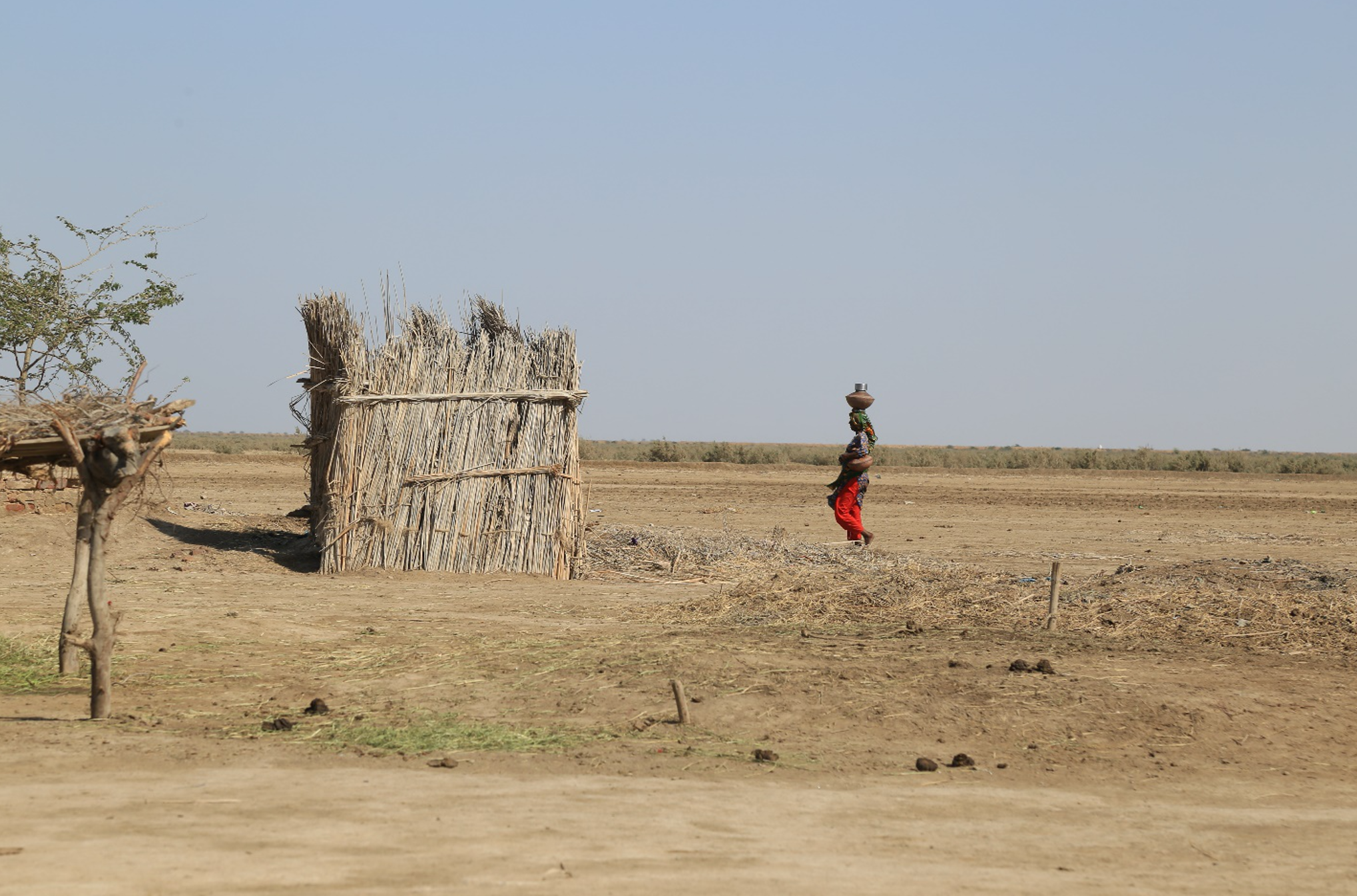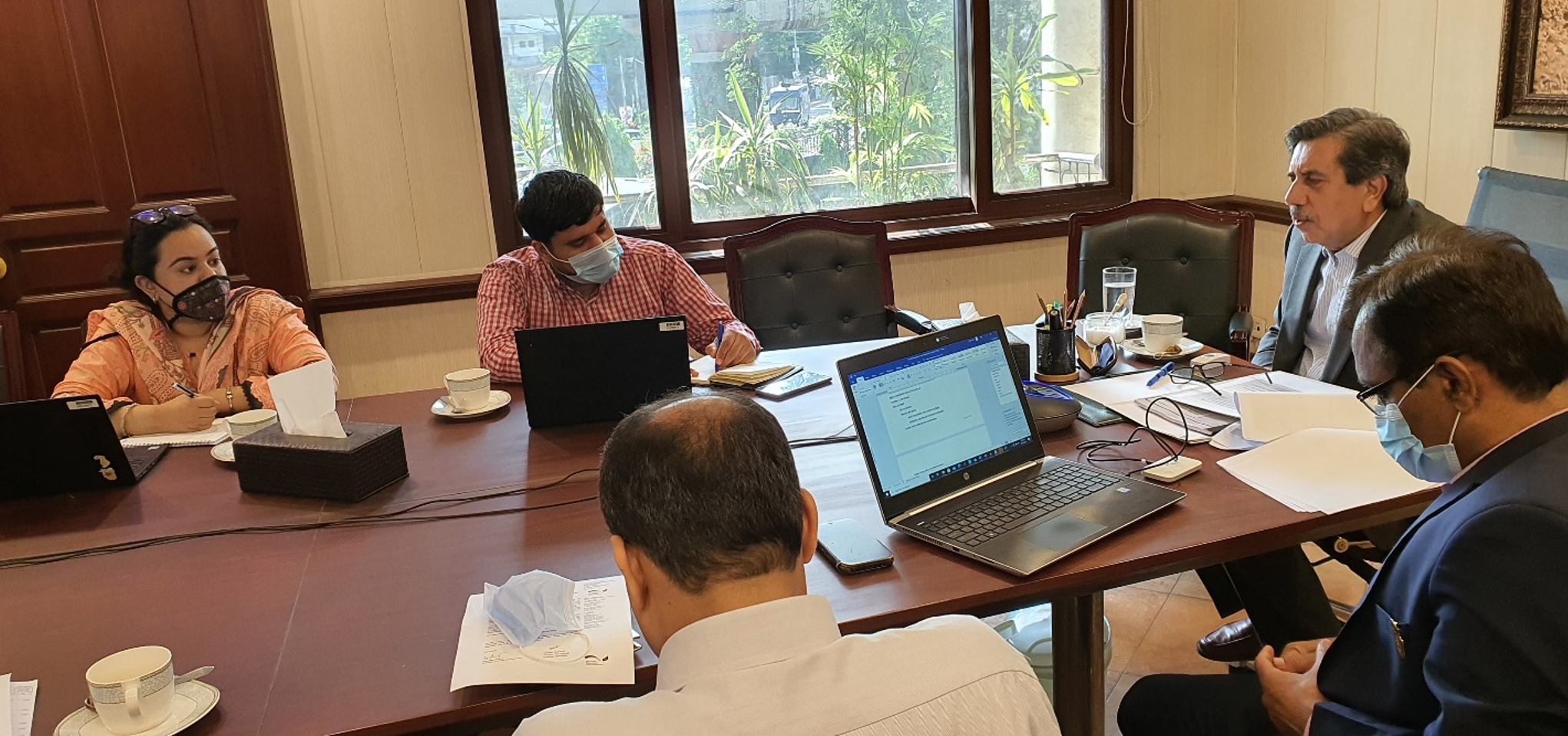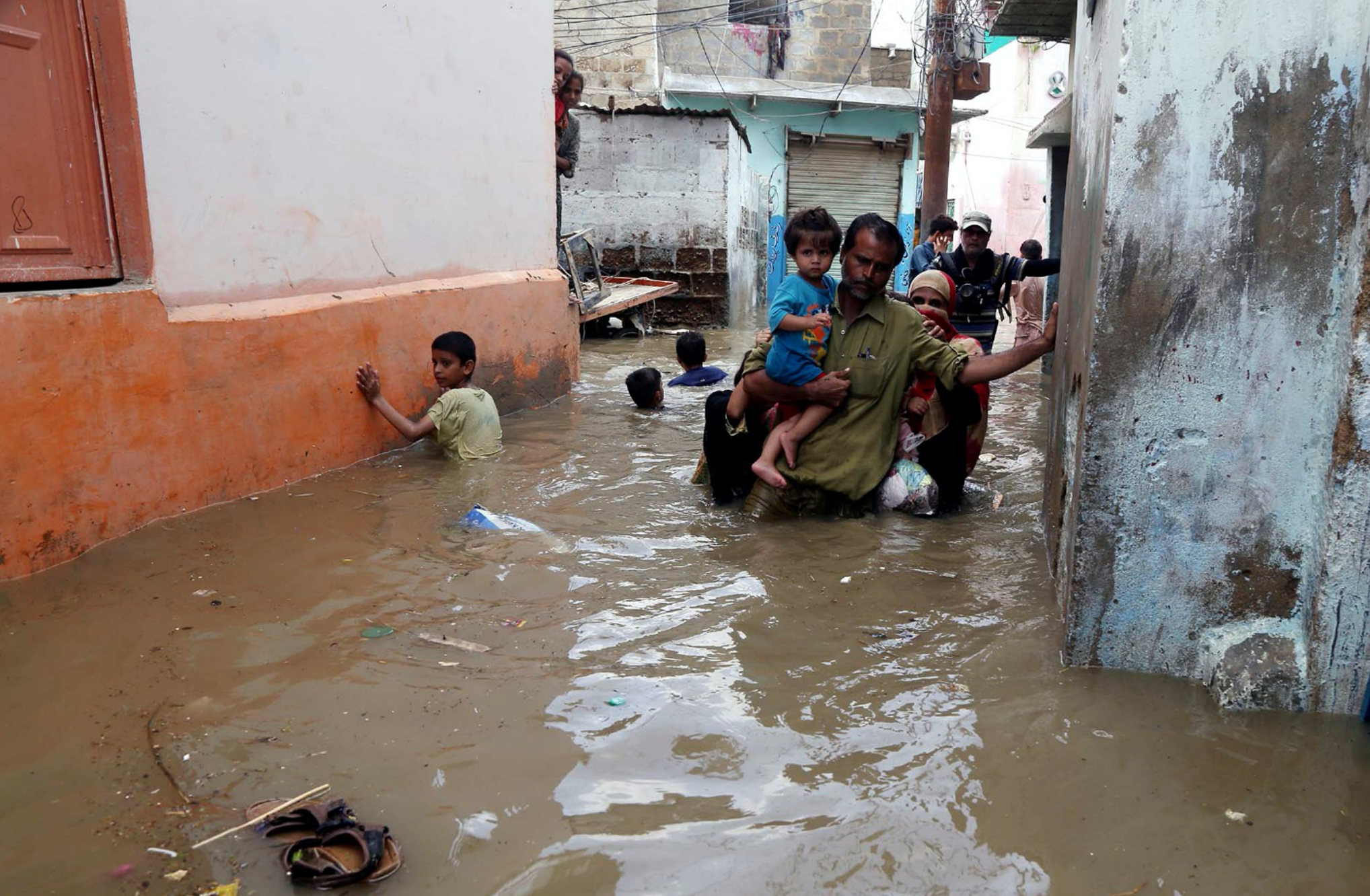
GIZ Pakistan has launched a new project titled “Strengthening Climate Adaptation and Resilience (SAR)” to support Pakistan for improving the conditions for climate action for adaptation and resilience as well as climate risk management, with a specific focus on vulnerable populations, especially women. The SAR Project will support the Pakistani Ministry of Climate Change (MoCC) and other government partners in the entire planning cycle of climate change adaptation measures: from the preparation of climate risk assessments to the piloting of financing approaches and instruments. It will also support the implementation as well as the upscaling of measures at the local level through international and national climate finance.
Pakistan is one of the countries most affected by climate change. It is ranked the 8th most affected country in the world as per the Germanwatch’s Long-Term Climate Risk Index (2000-2019) report. Although Pakistan’s contribution to greenhouse gas (GHG) emissions is low, it is considered a highly vulnerable country. Due to extreme weather events, it is particularly vulnerable to flash floods, heavy monsoon rains, cyclones, droughts and heat waves. Moreover, the melting glaciers of the Himalayas threaten flooding in the short to medium term and droughts in the long term.
According to the Climate Risk Index Report (2000-2019), Pakistan suffers economic losses of around EUR 3 billion annually due to extreme weather events. If Pakistan does not take measures to adapt to climate change, it is estimated that over 21 million people could fall into poverty by 2050. Moreover, the technical and financial capacity of the public institutions and that of the communities to respond to climate change consequences is very low.
Pakistan’s Nationally Determined Contributions (NDC) of 2021 and the country’s planning paper “Pakistan 2025: One Nation – One Vision” largely emphasise the need for adaptation to climate change. In line with these papers, as well as the new National Climate Change Policy (2021) and the ongoing National Adaptation Plan process, SAR will support the MoCC and other partners for designing and implementing measures for strengthening Pakistan’s adaptation action to climate change and build its climate resilience. The Project will also contribute towards the Global NDC Partnership, initiated by BMZ together with other partners.
SAR project will support its partners in conducting sector-specific assessments to understand the vulnerability of the key sectors affected by climate change. It will also support the capacity building initiatives of the partner institutions on climate risk analysis and on the proper interpretation and use of gender-sensitive climate risk data at the federal and provincial level (Khyber Pakhtunkhwa and Punjab). The Project will focus on institutionalising climate-related training and awareness measures in the partner structures with a special attention to the needs of youth, women, and other vulnerable groups. In addition, it will support the development and piloting of new approaches and tools for financing climate adaptation and climate risk management. Finally, it will also support Pakistan for accessing international climate finance by building the capacities of partner institutions as well as individuals to develop gender-sensitive climate adaptation projects in line with the indicators and requirements of international climate donors.


